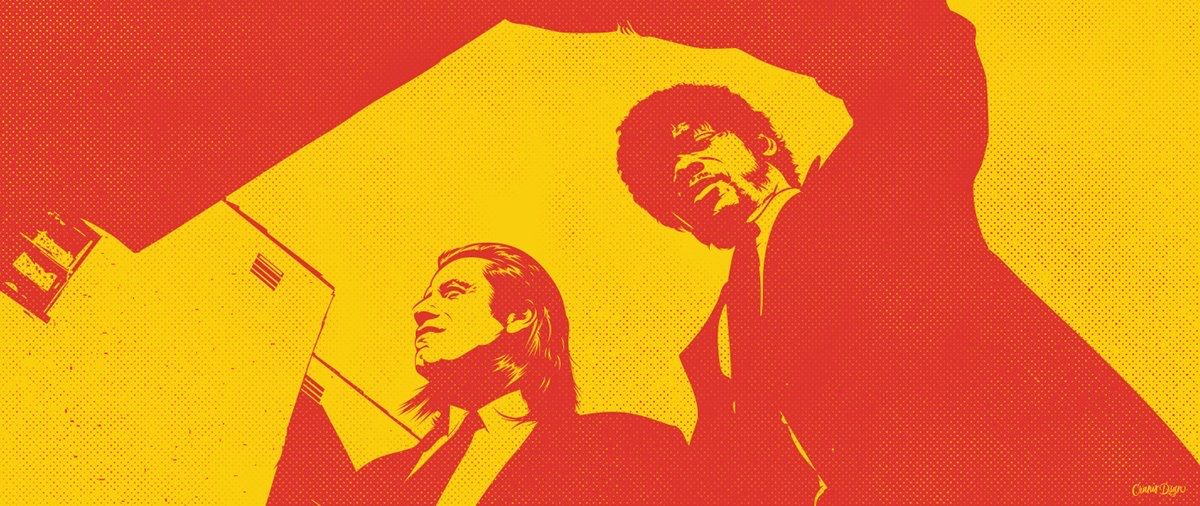Dirty Ho is a 1979 kung fu movie directed by Chia-Liang Liu and produced by the Shaw Brothers.

Dirty Ho tells the story of Wang, the 11th Prince of Manchuria, who finds himself under attack from his 14 brothers. He disguises himself as an antique dealer and fine wine connoisseur and enlists the help of Ho, a jewel thief. Together, Wang and Ho defeat his would be assassins.
Chia-Hua Lei (aka Gordon Liu) may be one of the most underrated actors of his generation. While I’m sure that’s hyperbole to serious movie fans, anyone would have to allow that Liu is at least one of the most charismatic actors of his time.
In Dirty Ho, Liu plays what is largely a comedic role. He has a gift for blessing scenes with an easy, carefree manner that is uniquely precise. His characters are somehow both non-threatening and lethal and evoke a rare, genuine empathy.
Perhaps the most impressive aspect of Liu’s performance are the varieties of tempo he displays. Liu commands slower scenes with extended dialogue and can function as either the dominant or supporting actor during brilliant fight scenes.
Liu and Yue Wong’s Ho are a unique pair and build off each other’s strengths. Wong is certainly the workhorse of the two – per the story, he becomes bodyguard to the one-legged Wang. There is an effortless balance between the two actors, as Wang never directly attacks opponents, but sets up Ho beautifully throughout the movie.
Throughout Dirty Ho, a variety of objects and themes are inserted into the fight scenes. A classic scene shows Wang pantomiming a female lute player to fight off Ho. Later Wang and Ho battle from a rickshaw. The interludes where Wang alternates between tasting wine and fighting off two assassins are brilliant. Here, Liu shows off an impressive balance of athletic ability and comedic chops.
Wong’s Ho pales under Liu’s shadow, but he puts in an impressive performance. He gives his character a stock bit of cowardice to go along with his youthful arrogance. He is athletically gifted but also offers unique comedic gifts. In a few scenes, he’s an odd amalgam of genres – almost a kung fu Woody Allen.
The supporting actors sport a comedic tinge in their performances. Wang and Ho face a variety of comedic tropes, including a blind palm reader, fake cripple and a hunchback with a chair. These scenes unfold in a blur and as the movie progresses, new enemies morph into stereotypes, such as the fat kid, the cryer, the biter, the ballet dancer, cross-eyed and the drinker.
Visually, Dirty Ho features some stylistic scenes representative of the time period. The classic Shaw Brothers’ opening is tightly staged, colorful and features a funky 1970’s sound. The shining of gold and release of arrows signals a prestige that is not always found in the kung fu genre.
The movie closes with a grand fight scene at Wang’s father’s palace. Wang and Ho take on a trio of assassins fighting with vicious weaponry. Wang counters with his walking stick, brilliantly performing a variety of stunts. It’s an impressive, balletic sequence that showcases extraordinary choreography.
The BEST – Ho’s Bandage
The story behind Ho’s bandage is a fun way to propel the plot. Ho gets a wound from Wang’s “bodyguard” and the cut is infected. Only Wang knows the antidote, which he will give every three days if Ho agrees to be his bodyguard. The size and intensity of the wound is a fun visual – something I can’t believe Tarantino hasn’t more directly referenced in his movies.
The BEST Part 2 – Ho Gets the Boot
At the movie’s close, Wang returns to his rightful place, as Ho is essentially dressing him in his royal wardrobe. Wang’s thanks is a boot through the door back to his common roots.
The WORST -Ho Doesn’t Make a Good Woman
The movie bogs down a bit as Ho is attacked and forced to drink a tea that momentarily makes him more effeminate. It’s a comedic touch that doesn’t really work.
FOX FORCE FIVE RATING – 3.75/5
Dirty Ho is not a savage kung fu movie and likely isn’t a hardcore favorite. However, Liu and Wong are a terrific duo and the fight scenes exhibit a clean, poetic beauty. It’s definitely worth a watch and is a worthy companion to Liu’s 36th Chamber of Shaolin.
